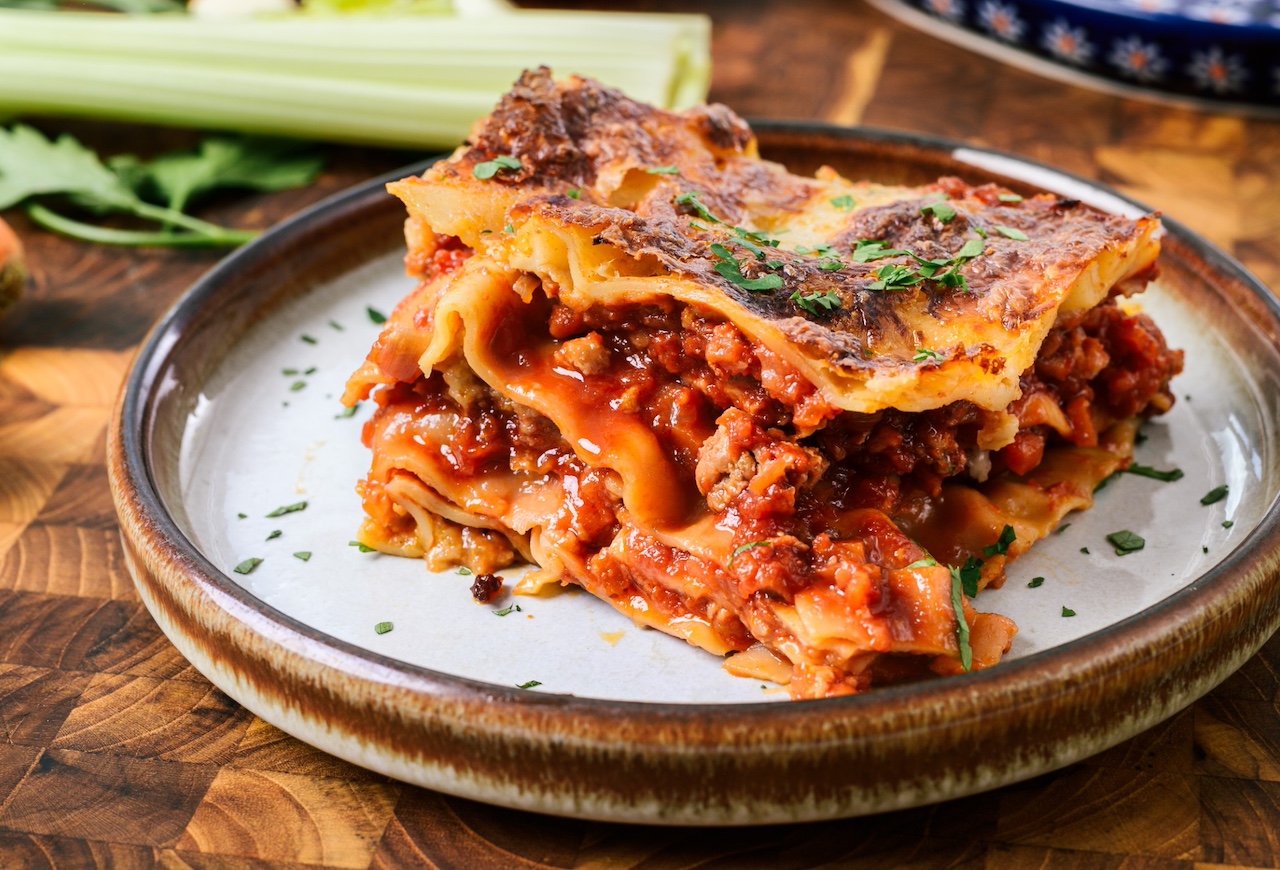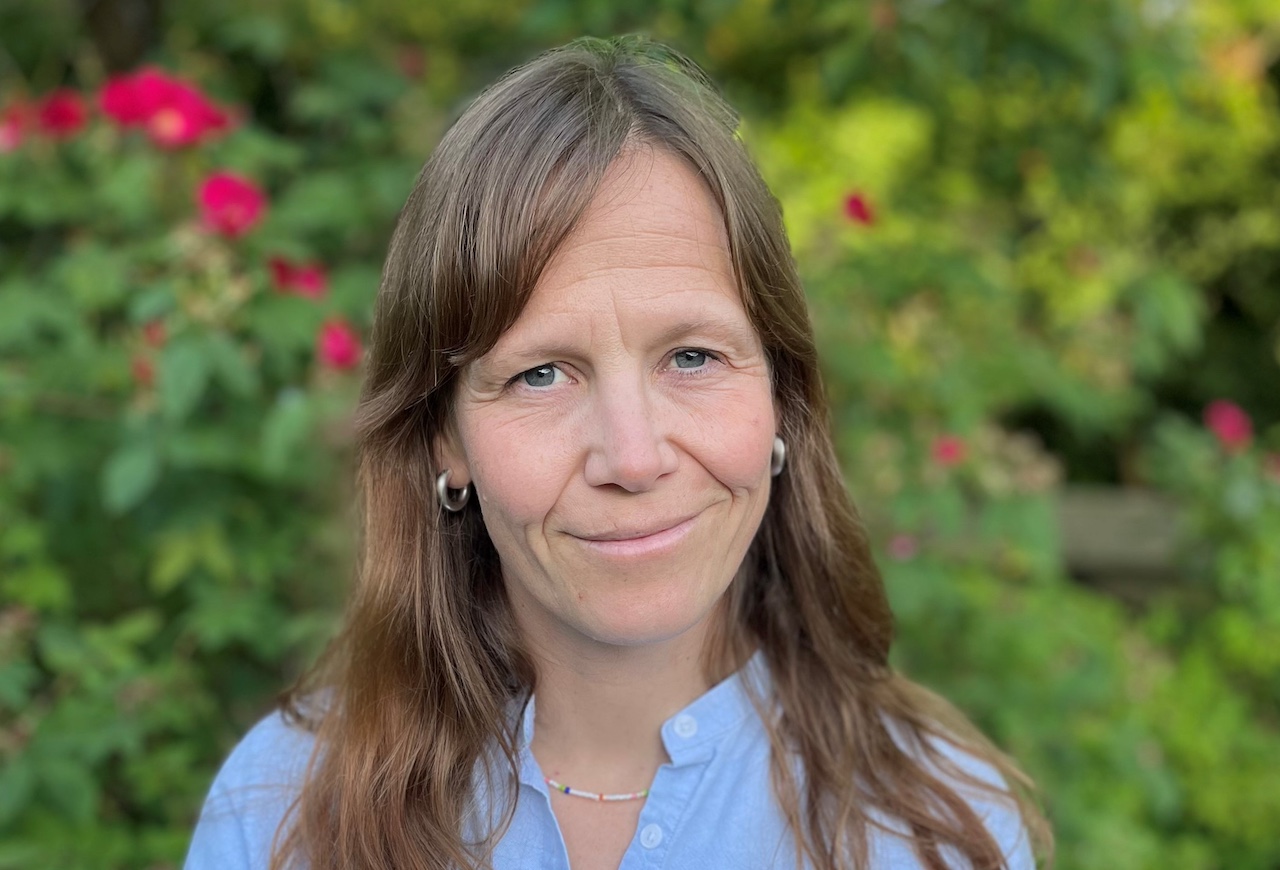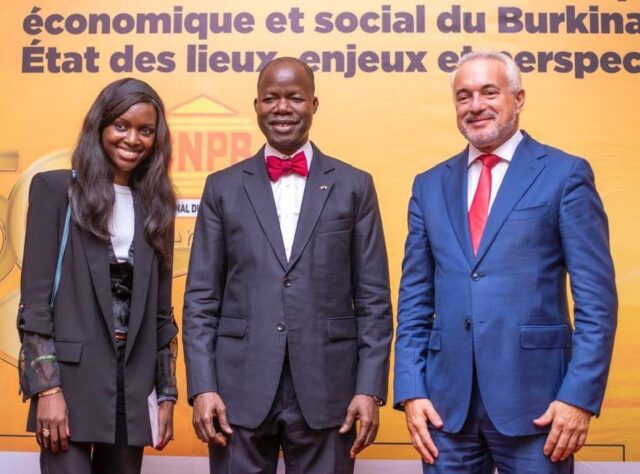Danish company MATR Foods has signed a €20m loan agreement with the European Investment Bank to expand production of its clean label plant-based meat alternatives.

Danish startup MATR has signed a €20m loan agreement with the European Investment Bank (EIB) to expand production of its plant-based meat-alternatives. The loan agreement is conditional on MATR raising at least another €20m in series A funding from equity investors.
Randi Wahlsten, the CEO of MATR, spoke to Impact Investor about the EIB’s commitment and the company’s fundraising efforts with private investors, which she said were “going well”.
“The EIB loan forms the basis of our series A funding, and there’s also a warrant component that will allow the EIB to capture the upside of the value growth in the company,” she said. “In terms of equity investments, we’re in dialogue with several investors already and have strong commitments on the table. We hope to be able to close within the next six months.”
MATR, which was founded in 2021, produces a fungal-based product that is sold in burger, block and mince formats, using locally-grown beetroots, potatoes, lupins, oats and peas.

“Using a solid state fungal fermentation process, we can transform this mix of five ingredients into an end product that has the filamentous structure that meat has,” explained Wahlsten. “Our aim has always been to create a product that meat eaters would love because it replicates that same juicy texture, bounce and bite typical of a burger or a steak.”
Carmine Marzano, senior bioeconomy specialist at the EIB, told Impact Investor that with any request for financing received, the EIB screened for eligibility and relevance to EU policies, such as the EU Green Deal and the Farm to Fork strategy, as well as for the technoeconomic viability of the projects.
“In the bioeconomy specifically, we look at the valorisation of natural resources,” he said. “What we saw in MATR was the ability to upcycle very common local crops into food products that can support plant-based diets whilst also plugging an important gap in the market for products that meet consumer demand for less processed food.”
Scaling production
The EIB funding, supported by InvestEU, the EU’s funding programme for sustainable investment, innovation and job creation, alongside the private capital raised, will enable MATR to build a plant in order to scale production of its product to 3,000 tonnes a year, as well as invest into product research and development.
“What we have at present is a kitchen-scale facility and a very manual production process that allows us to produce between 30 to 50 tonnes of product per year,” said Wahlsten. “With the combined investments we will be able to build a factory to take our technology to scale, to commercialise and develop it further. We want to be able to demonstrate that we can still deliver quality and economic value at industrial volumes.”
Market expansion
The products, are currently only available in Denmark and sold through three restaurants, work canteens and online retail.
Wahlsten explained that MATR was working directly with several restaurants including high-end burger chain Gasoline Grill and Asian food chain Sticks’n’Sushi. Its canteen operator clients include Meyers, which Wahlsten said operated around 80 workplace canteens across Denmark, and through its partnership with Denmark’s online supermarket Nemlig, MATR has recently started to sell its products direct to consumers.
“We know we can get chefs really excited about the product, but we also want to get it off the retail shelves to regular consumers in their homes,” she said. “We have selected the three sales channels we want to focus on but we also want to expand beyond the borders of Denmark at a much higher volume of production than what we have today.”
Clean label meat alternatives
Vegan foods and plant-based proteins in particular, are often associated with ultra-processed foods which tend to be high in salt, sugar and fat.
“Our products are the opposite in every way,” said Wahlsten. “There are no isolates, no extrusion, no additives or binders and no flavour enhancers. It is a true clean label product.”
MATR says its products are made from all-natural ingredients commonly found in the Nordic region and are low in fat compared with previous-generation meat alternatives.
“The fermentation itself gives the product a complete amino acid mix, high fibre and low-fat content. We like to call it a fermented wholefood,” added Wahlsten.
Stephan Mitrakas, investment officer at the EIB who was involved in the loan to MATR, said the product was interesting because it did not target the vegan population, but rather meat-eaters unconvinced by past iterations of alternative proteins on offer.
“MATR are targeting families and a new generation of consumers that are unable to cook with the first generation of alternative proteins such as tempeh or tofu, by creating a nutritious product people are familiar with, and one that can easily be added to common recipes in place of meat.”
Minimal processing also means that MATR products have a carbon footprint of around 1.6kgs of CO2 per kg of product, which the company says is about 94 per cent lower than that of beef.





